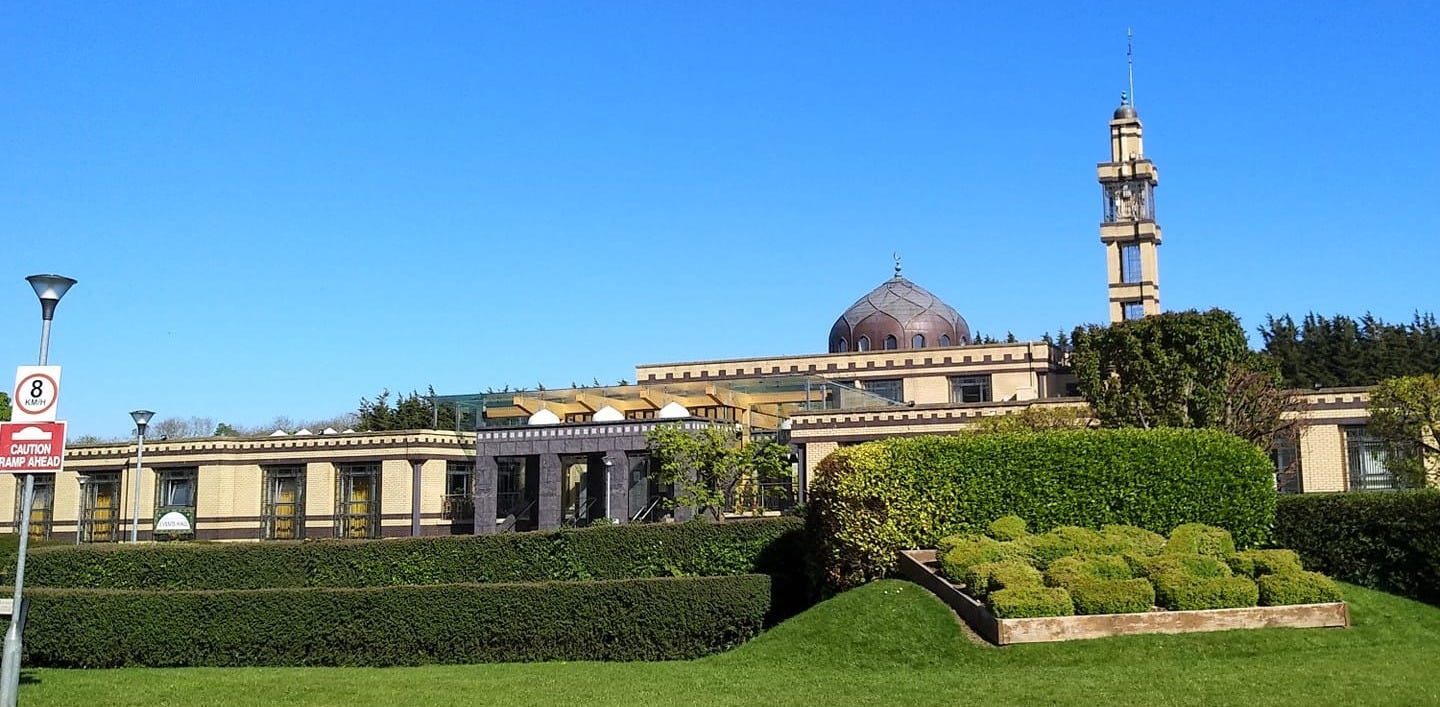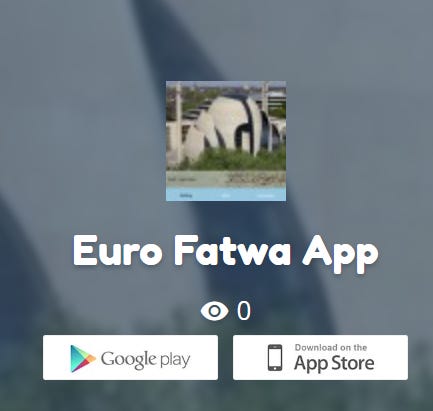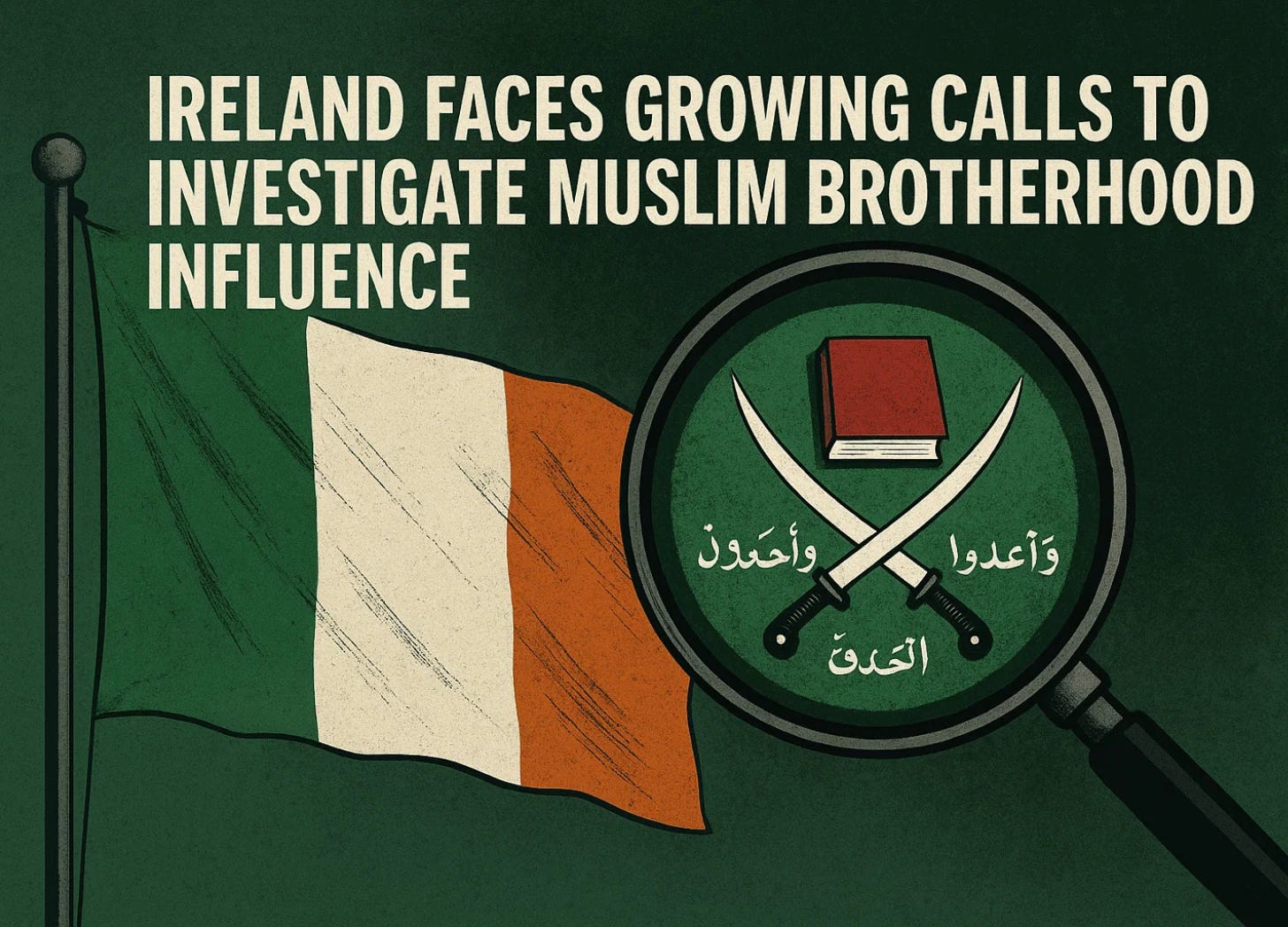Ireland Faces Growing Calls to Investigate Muslim Brotherhood Influence
Irish politicians call for investigation into the Muslim Brotherhood's influence in community institutions—as Europe intensifies scrutiny on Islamist networks operating across the continent
In Ireland, debate is intensifying over whether to formally investigate the activities of the transnational Sunni Islamist movement, the Muslim Brotherhood (MB). Leading the call is Senator Sharon Keogan, joined by other political figures and government ministers, who are urging a thorough inquiry into the Brotherhood’s alleged operations within Ireland’s mosques and Islamic centers.
The issue came to the forefront in mid-October, centered particularly on Dublin’s Islamic institutions, amid growing concerns that the group’s ideological and organizational influence could be undermining community integration, governance, and national cohesion.
History of Muslim Brotherhood Activity in Ireland
Keogan cited ongoing disputes at the Islamic Cultural Centre of Ireland (ICCI) in Clonskeagh, home to one of the country’s largest mosques, as symptomatic of deeper problems in transparency and oversight. The ICCI, which manages both a mosque and an affiliated Quranic school, has history of legal and organizational controversies.

The center has framed itself as a representative of Ireland’s Muslim community, securing itself direct channels to government officials. Yet the organization maintains documented connections to the European Council for Fatwa and Research (ECFR)—an organization previously headed by prominent Muslim Brotherhood theologian Yusuf al-Qaradawi that espouses rigid interpretations of Islamic law.
The Dublin-based ECFR has also leveraged technology to broaden its influence. A 2019 mobile app developed by the council, which included introductory content by al-Qaradawi featuring antisemitic rhetoric, was swiftly removed by Google after it became aware of the material—despite the app having been promoted for audiences as young as four years old.

Critics have pointed to materials available through the ICCI’s own platforms that endorse severe physical punishments for moral transgressions, undermining the organization’s public assertions of moderation while it continues to function as a trusted government interlocutor.
A 2009 study by the Global Muslim Brotherhood Research Centre documented that the ICCI and the Muslim Association of Ireland (MAI) — allegedly maintain institutional ties to the Federation of Islamic Organizations of Europe, the Muslim Brotherhood’s European umbrella body, while enjoying favorable relations with Dublin.
Europe at a Turning Point
Across Europe, countries such as France, Germany, and Sweden have already recognized the danger of allowing politically motivated religious networks to operate unchecked. Their experience demonstrates that proactive oversight is essential, not to target communities, but to protect them from exploitation by transnational movements with ideological agendas.



